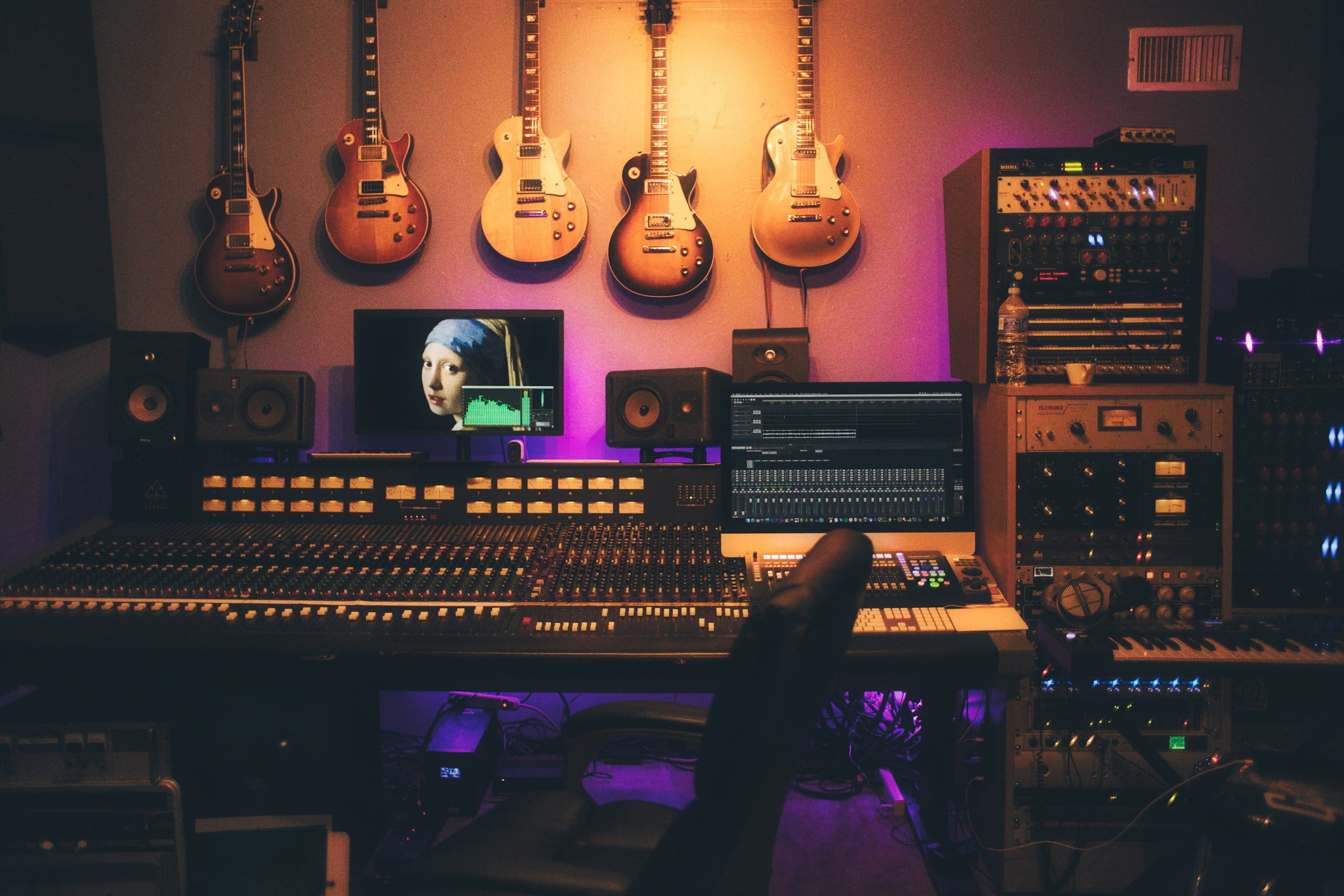Music production is a multifaceted craft that has evolved significantly over the years, driven by advancements in technology and the creative vision of producers. Whether you’re a seasoned professional or an aspiring artist, mastering the art of music production can be a rewarding and fulfilling journey. In this comprehensive guide, we’ll explore the essential tips, techniques, and best practices that can help you elevate your music production skills.
Understanding the Fundamentals of Music Production
1. Develop a Solid Foundation in Music Theory
As a music producer, having a strong grasp of music theory is crucial. This knowledge allows you to communicate effectively with musicians, understand different musical styles, and make informed decisions when arranging and composing music. Familiarize yourself with concepts such as scales, chords, rhythm, and melody.
2. Familiarize Yourself with Digital Audio Workstations (DAWs)
Proficiency in your chosen DAW, such as Ableton Live, Logic Pro, or Pro Tools, is essential for efficient music production. Invest time in learning the software’s features, shortcuts, and workflow to streamline your creative process. Experiment with different plugins, effects, and virtual instruments to expand your sonic palette.
3. Embrace the Importance of Sound Engineering Principles
Understand the fundamentals of sound engineering, including microphone techniques, audio processing, and mixing principles. This knowledge will enable you to capture high-quality recordings, shape the tonal balance, and create a cohesive and polished final mix.
Developing a Streamlined Workflow
4. Establish a Consistent Workflow
Develop a consistent and efficient workflow that works for you. This may involve setting up a dedicated workspace, creating templates for your projects, and establishing a routine for tasks like project organization, backup, and file management.
5. Utilize Reference Tracks
Comparing your work to well-produced reference tracks can be a valuable tool for improving your mixes and overall production quality. Analyze the sonic characteristics, dynamics, and arrangement of these reference tracks to identify areas for improvement in your own productions.
6. Manage Ear Fatigue
Prolonged listening sessions can lead to ear fatigue, which can negatively impact your ability to make accurate mixing and mastering decisions. Incorporate regular breaks, use volume monitoring tools, and consider investing in high-quality monitoring equipment to maintain your critical listening skills.
Mastering Mixing Techniques
7. Understand the Role of EQ
Equalization (EQ) is a fundamental tool in music production, allowing you to shape the frequency content of individual tracks and the overall mix. Learn how to use EQ effectively to enhance clarity, balance, and sonic character.
8. Utilize Compression Strategically
Compression is another essential tool in the producer’s arsenal, used to control dynamics, add punch, and create a cohesive mix. Experiment with different compression techniques and settings to achieve the desired sonic impact.
9. Harness the Power of Reverb and Delay
Reverb and delay effects can significantly enhance the depth, space, and ambiance of your mixes. Understand how to use these effects judiciously to create a sense of depth and dimension without overwhelming the overall mix.
Exploring Advanced Techniques
10. Embrace the Art of Sampling
Sampling can be a powerful tool in music production, allowing you to incorporate unique sounds, textures, and rhythmic elements into your tracks. Familiarize yourself with the legal and ethical considerations surrounding sampling, as well as techniques for creative sample manipulation.
11. Experiment with Synthesis
Delve into the world of synthesis, whether it’s subtractive, additive, or FM synthesis. Understand the fundamentals of sound design and how to create unique, custom-tailored sounds that can elevate your productions.
12. Optimize Your Home Studio Setup
Invest in a well-designed home studio setup, including high-quality audio interfaces, microphones, and monitoring equipment. Ensure your room is acoustically treated to minimize unwanted reflections and create an environment conducive to critical listening and mixing.
Navigating the Music Industry
13. Build a Diverse Portfolio
Develop a diverse portfolio of your music production work, showcasing your versatility and range. This can include original compositions, remixes, and collaborations with other artists. Utilize platforms like SoundCloud, Bandcamp, or your own website to share your creations with the world.
14. Network and Collaborate
Networking and collaborating with other musicians, producers, and industry professionals can open up new opportunities and help you grow as a producer. Attend industry events, join online communities, and actively seek out opportunities to work with talented artists.
15. Stay Informed and Adaptable
The music production landscape is constantly evolving, with new technologies, software, and trends emerging regularly. Stay informed by following industry publications, attending workshops, and continuously learning to ensure your skills remain relevant and adaptable.
Conclusion
Mastering the art of music production is a lifelong journey, filled with creative exploration, technical refinement, and a constant pursuit of excellence. By embracing the fundamentals, developing a streamlined workflow, honing your mixing techniques, and staying attuned to the ever-changing industry, you can position yourself as a versatile and sought-after music producer. Remember, the key to success lies in your dedication, passion, and a willingness to continuously learn and evolve. Embark on this exciting journey, and let your music production skills soar to new heights.


Leave a Reply